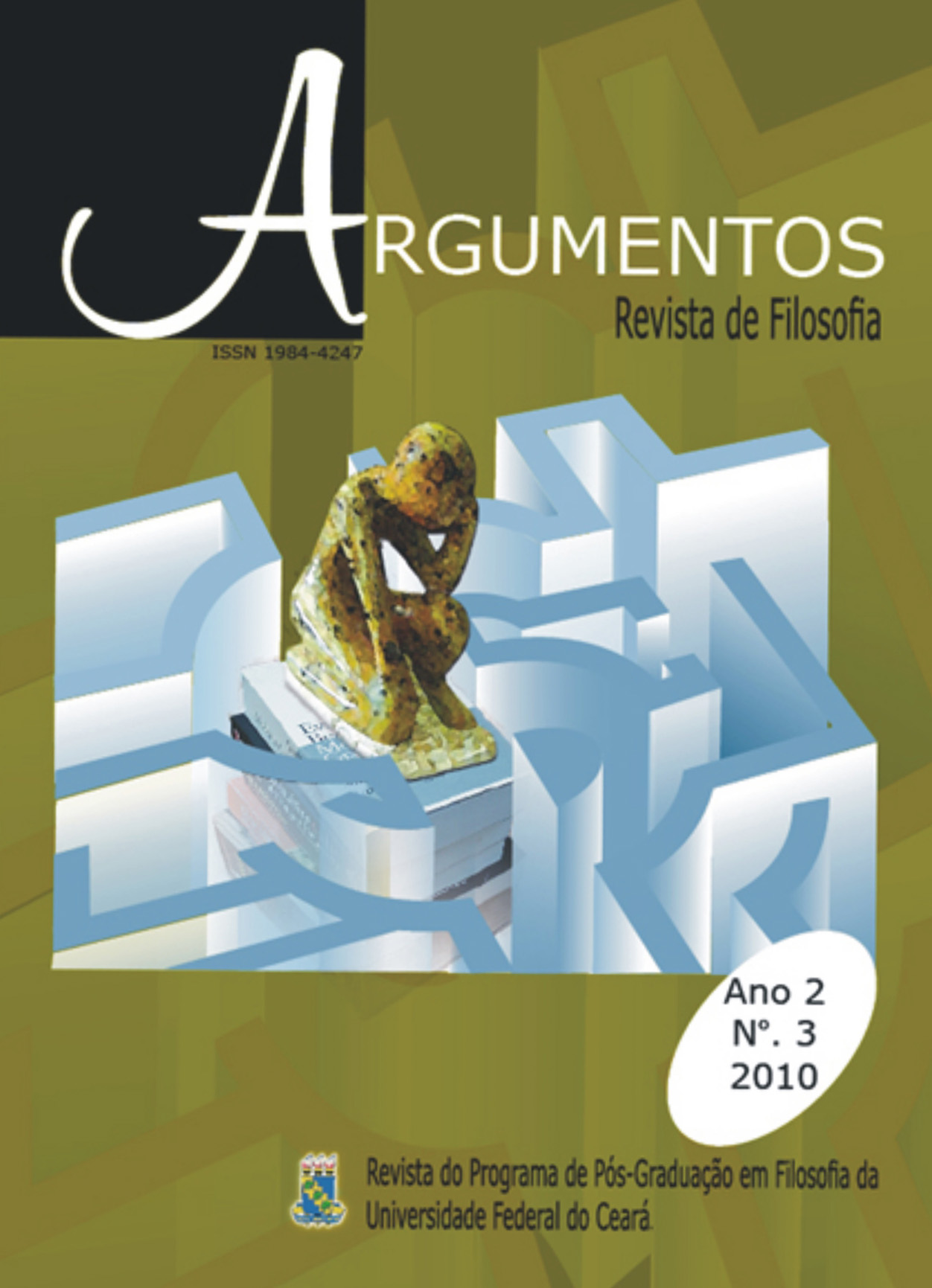A study about the Arendtian critique of the concept of work in Karl Marx
Keywords:
Work. Labor. Production. Modern society. Industrial revolution.Abstract
The concept of work usually refers to anthropological theories or the development of the production of useful objects to humans. Simultaneously, with the globalization of production, we can see how, since the division of labor in the nineteenth century, all work becomes work. That is, since the Industrial Revolution, we have seen how the work as an individual activity becomes a collective process, whose goal is more direct continuation of the animal laborans. The political theorist Hannah Arendt developed a critique of the interpretation that Karl Marx made about the modern society. The aim of this paper is to consider that this criticism is rooted in the concept paper drawn up by Karl Marx. According to Arendt, Marx makes no distinction between the activities of labor and work. This provided a change in the quantity of manufactured products (being born as a society of consumers), nature of production (division of labor, and recently the globalization of production), and finally, the nature of the goods produced (for the objects consumption and not to be useful to humans). Therefore, this change - caused by the conceptual confusion regarding the activities of humans - eventually will also lead to confusion among the public and private spheres. The nature of this society, centered on the infinite productivity and consumption becomes a patchwork of public and private affairs.Downloads
Published
Issue
Section
License
Argumentos magazine is licensed under an International Creative Commons Attribution License.
The Magazine uses CC BY inclusion
1) The authors retain the copyright granted to the magazine or the right to initial publication, with the work regularly licensed under the Creative Commons Attribution, which allows the sharing of the work with acknowledgment of authorship and initial publication in this magazine.
2) The authors are authorized to contract additional applicable contracts, for non-exclusive distribution of the version of the work published in this journal (for example, publication in the institutional repository or as a chapter of the book), recognition of authorship and initial publication in this journal.
3) Authors are authorized and encourage to publish and distribute their work online (for example, in institutional repositories or on their personal pages) at any time before or during the editorial process, as they can generate productive changes, as well as increase the impact and reference of published work.




.jpg)










._._3.png)
1.jpg)
._._._.png)
